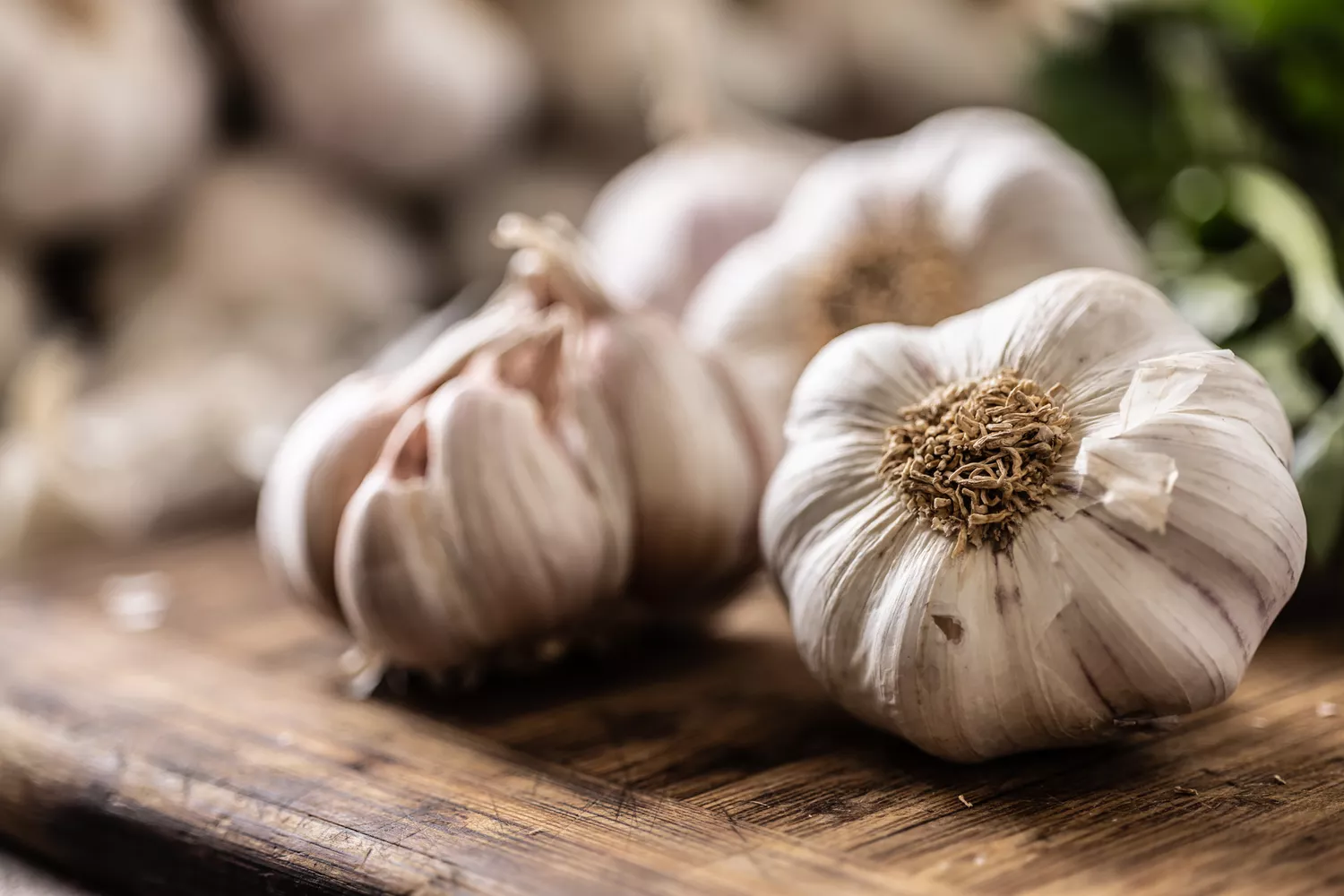Hydrogenated fat is any nutritional fat that is strong at space temperature level. Typical sources consist of meat, milk, and butter, as well as some tropical plant oils, such as coconut and hand oil.1.
All fats contain carbon and hydrogen. In saturated fats, the carbon atoms have the maximum amount of hydrogen atoms adhered. To put it simply, carbon atoms are completely “filled” with hydrogen atoms. Consequently, hydrogenated fats are packed tightly together, giving them their characteristic solid framework.1.
While these fats can boost the flavor and appearance of dishes, they can additionally increase your low-density lipoprotein (LDL) cholesterol– considered your “poor” cholesterol– and have other health results.2.
Kinds Of Hydrogenated Fat.
Hydrogenated fats are usually viewed as a single kind of fat. They’re actually a combination of various saturated fatty acids, which differ in length relying on the number of carbon atoms in their chains. The kinds of hydrogenated fats consist of:13.
Short-chain saturated fatty acids: Have 4-6 carbons in their chains; examples consist of butyric and caproic acids.
Medium-chain saturated fatty acids: Have 8-12 carbons in their chains; instances include caprylic, capric, and lauric acids.
Long-chain saturated fatty acids: Have 14-20 carbons in their chains; examples include myristic, pentadecanoic, palmitic, heptadecanoic, stearic, and arachidic acids.
Very-long-chain saturated fatty acids: Have 22 or even more carbons in their chains; instances include behenic and lignoceric acids.
The foods you consume have various amounts of brief-, tool-, long-, and very-long-chain saturated fatty acids, which can have numerous impacts on wellness.1.
Saturated Fat and Heart Wellness.
Saturated fats are understood to be poor for your heart; nevertheless, more recent research recommends their effect on heart wellness might be complicated. Hydrogenated fat’s result on heart wellness likely relies on many factors, consisting of the kind of fats, the foods they’re in, and your total diet plan.4.
These elements make it tough to figure out the exact partnership in between hydrogenated fats and heart health. Right here’s where the research stands now:.
Hydrogenated Fat Raises Low-Density Lipoprotein (LDL) Cholesterol Degrees.
For decades, hydrogenated fat has been connected with an increased danger of cardiovascular (heart) condition. A diet plan high in saturated fat raises total low-density lipoprotein (LDL, or “poor”) cholesterol levels. This can lead to cholesterol build-up in your arteries and cardiovascular events like cardiovascular disease.5.
Nevertheless, some research study suggests that heart problem risk can additionally vary based upon the size of LDL fragments.1.
In most individuals, saturated fatty acids boost degrees of bigger LDL particles, which are much less highly linked to heart disease risk than little, dense LDL fragments. Little LDL bits extra quickly appear your artery walls and create plaque to form.1 Decreasing your saturated fat intake may not dramatically decrease these smaller sized, a lot more hazardous LDL particles.16.
That said, various other research studies reveal that all LDL fragments– regardless of size– have the possible to end up being trapped and cause heart damages.7.
Heart Problem Danger Might Rely On Fat Kind.
Other study drops more light on cardiovascular disease threat and exactly how saturated fats– particularly different types or chain lengths– may add to it.
Studies have actually shown that short-chain and medium-chain saturated fatty acids have a neutral or a little beneficial result on heart wellness.4 Newer study shows that older grownups with greater levels of certain saturated fats (e.g., lignoceric and behenic acids) in their blood might have a reduced danger of cardiac arrest.38.
On the other hand, long-chain hydrogenated fats are connected with a boosted risk of establishing cardiovascular disease.4.
Heart Health Effects May Depend Upon the Source.
The impact of saturated fats on heart health may also depend upon the source of hydrogenated fats. Saturated fats from whole, minimally processed foods influence heart health and wellness differently than fats in highly refined foods.
A current evaluation found that higher blood degrees of saturated fats from whole foods like dairy were associated with a lower danger of heart problem.9 In one more research study, eating even more ultra-processed foods high in saturated fat, added sugar, and sodium was related to a raised danger of heart disease.10.
Saturated Fat and Cancer Danger.
Hydrogenated fat has also been connected with boosted cancer cells threat, yet a lot more research study is required to recognize the link.

One testimonial located that high blood degrees of complete saturated fat were linked with a better threat of prostate, colon, and bust cancers. Long-chain saturated fatty acids– including stearic, palmitic, and myristic acids– were specifically connected with increased threat. Various other types of saturated fatty acids did disappoint the very same enhanced cancer threat.11.
In one more testimonial focused on ladies identified with breast cancer cells, some studies found a link between a greater intake of saturated fatty acids and a raised threat of postmenopausal bust cancer.12 The researchers stated a lot more info is needed to determine if there’s a link.
Just how much Should You Consume?
The 2020-2025 Dietary Guidelines for Americans recommend limiting hydrogenated fat to no more than 10{0b029884226bf181d7dbb01df59f2ff24db55360df081b8ac2080ee728e3010f} of day-to-day calories to lower possible health and wellness risks.13 The American Heart Organization takes a tighter method, encouraging restricting hydrogenated fat to less than 6{0b029884226bf181d7dbb01df59f2ff24db55360df081b8ac2080ee728e3010f} of everyday calories.14.
If you take in approximately 2,000 calories daily, 120-200 calories must originate from hydrogenated fat. This has to do with 13-22 grams of saturated fat, with nine calories per gram.214 To keep track of your saturated fat intake, check the Nutrition Information label on packaged foods, which notes the quantity of saturated fat per offering.
Sources of Saturated Fat.
Hydrogenated fats are naturally existing in all animal foods and some tropical plant oils. Common resources of saturated fat include:1142.
Meat, such as beef, poultry, lamb, pork, tallow (beef fat), and lard (pork fat).
Refined meat, like bacon and sausage.
Dairy, including butter, lotion, cheese, whole milk, and ice cream.
Exotic plants and oils, such as coconut, coconut oil, palm bit oil, and hand oil.
Baked and fried foods, like breads, cakes, doughnuts, fried hen, and French french fries.
Dark delicious chocolate.
Each of these foods has various quantities of the numerous saturated fatty acids.1.
If your doctor has told you to restrict your saturated fat consumption, think about exchanging some foods above with choices high in heart-healthy unsaturated fats, such as olives, olive oil, avocados, fish, soybeans, nuts, and seeds.15.
A Quick Review.
Saturated fats are dietary fats fully filled with hydrogen atoms, providing their solid type at area temperature. They are frequently located in pet items like butter, cheese, and meat and in tropical plants like coconut and hand.
Study on saturated fats and their role in health and wellness is intricate and advancing, especially pertaining to cardiovascular disease and cancer cells dangers. These findings highlight the importance of considering your total dietary patterns and healthy alternatives rather than concentrating on saturated fat intake alone.



